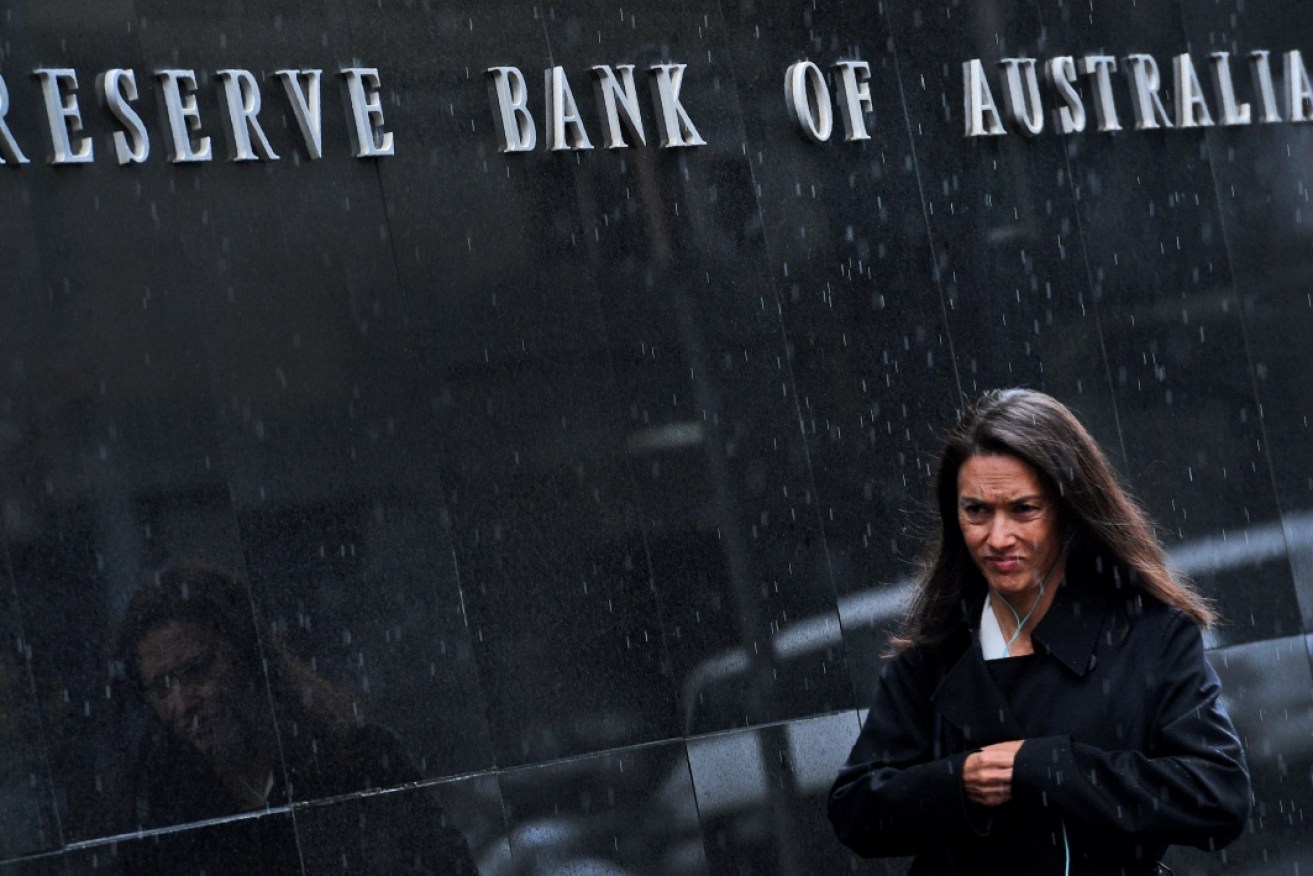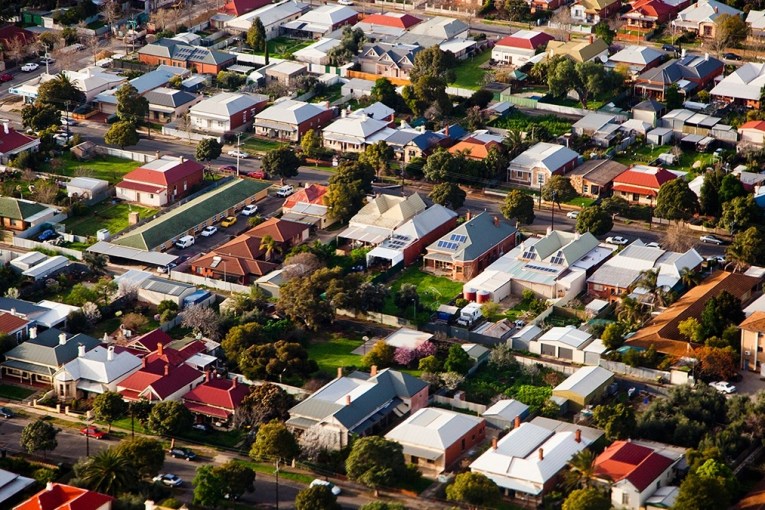RBA, analysts warn of ‘ticking time bomb’ on mortgage stress


The RBA has warned of a "potential deterioration in housing loan performance". Photo: Getty
The Reserve Bank has raised the spectre of widespread mortgage stress against a backdrop of high household debt, rising home loan rates, declining home prices and years of irresponsible lending by banks.
The RBA, which revealed that the official cash rate would remain on hold at 1.5 per cent on Tuesday, flagged a potential rise in mortgage arrears and defaults as one of the “main risks to financial stability” over the next two years in its latest corporate plan.
“Banks’ large exposure to a potential deterioration in housing loan performance is expected to remain a key issue, requiring ongoing monitoring by both banks and regulators,” the RBA said.
The central bank will “closely monitor” developments in residential mortgage lending and the risks arising from the “high level of household indebtedness”, it said.
The news comes against a backdrop of irresponsible lending practices by major banks revealed in the royal commission, as well as Tuesday’s announcement by corporate watchdog ASIC that Australia’s second-largest home loan lender Westpac will pay a $35 million fine for breaching responsible lending laws.
Chief among the breaches were approximately 10,500 home loans automatically green-lit by Westpac that should not have been approved, ASIC said.
Macroeconomist and chair of Australian National University’s RBA shadow board Timo Henckel said the RBA’s statement shows the central bank is concerned about future financial stability “given the high leverage” that Australian households are experiencing, mostly through the mortgage market.
“There’s a danger that much like what happened in the US 10 years ago Australian households get caught out and it becomes a downward spiral,” Dr Henckel said.
“If interest rates tick up and more households feel the squeeze, some will have to sell and possibly start a downward spiral in house prices.”
A major decline in housing prices is “inevitable”, according to Dr Henckel, though it could be a while away.
“Eventually there’s going to be a serious correction,” he said.
“Any correction is going to be moderately to very painful. The later that correction is, the more painful it’s going to be because more debt will be up.”
Digital Finance Analytics’ Martin North described the RBA’s acknowledgement of the potential risk of widespread mortgage arrears and defaults as “very significant”.
“It goes to the bad behaviour of the banks over a long period of time,” Mr North said.
Falling home prices in many parts of the country at a time when banks are straining at the bit to raise mortgage rates only adds to the RBA’s concerns, Mr North said.
“The risk of asset depreciation, partially due to irresponsible lending practices and now from home prices falling, is hugely important,” he said.
Interest-only loans a ‘ticking time bomb’
Research by home loan comparison site Finder has revealed that 900,000 interest-only home loans are due to expire in Australia from 2019, with the potential to push thousands of borrowers into mortgage stress.
“This will result in more than $400 extra in repayments each month for those on the average loan size. With wage growth slow, this could be a serious burden for some families,” Finder insights manager Graham Cooke said.
Finder’s research shows that $706 billion of new home loans were written in 2014-2015, with 42 per cent or $295 billion of the loans being interest-only loans, meaning borrowers signed up without intention to pay down the loan for an average of five years.
According to Finder the average new home loan in Australia has risen from approximately $316,000 in 2014-15 to $396,600 today.
“The nation’s love affair with interest-only mortgages is set to come back to haunt, with thousands of households likely to struggle to repay what they owe,” Mr Cooke said.
“This could be a huge source of financial stress, with a wave of defaults and forced sales expected.”
If you’re struggling with mortgage debt, contact the National Debt Helpline, a free and independent counselling service, on 1800 007 007 or visit www.ndh.org.au









